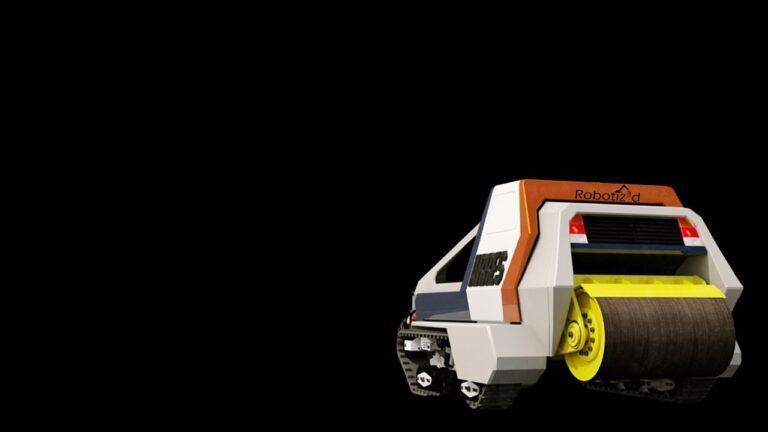The University of Liverpool has today announced that is has formed a new spin out company – Robotiz3d Ltd – to take forward new technology that has the potential to radically transform road maintenance.
Currently, no autonomous technology solutions exist to tackle the pothole crisis which plagues many parts of the country and is estimated to have cost more than £1billion to repair over the last decade.
The company will commercialise patented research from the University’s Engineering Robotics Lab. The technology uses artificial intelligence and robotics to significantly improve the way road defects, including pot holes and road cracks, are detected and repaired.
Amongst the company founders are Dr Paolo Paoletti and Dr Sebastiano Fichera from the University’s School of Engineering who have an extensive track record of research in this area and have been developing and trialling the technology over the past four years.

Dr Paolo Paoletti, who will serve as chief technology officer for the company, said: “Robotiz3d Ltd will develop an Artificial Intelligence (AI)-driven robotic system to address the national and international potholes problems. The proposed system will be able to autonomously detect and characterize road defects such as cracks and potholes, assess and predict the severity of such defects and fix cracks so that they do not evolve into potholes.”
Lisa Layzell, an award winning senior executive and serial entrepreneur of high-tech companies, is a co-founder and CEO of Robotiz3d Ltd. She said: “This is an exciting new spin out to take forward. The team at Robotiz3d has the expertise and experience in robotics and AI to deliver the project and introduce world-leading innovation to the management of roads and highways. We have developed a robust business plan to take forward the portfolio of Robotiz3d envisaged products.”

Dr Sebastiano Fichera, Technical Director of the company, added: “Current methods to detect and repair of potholes are labour intensive and as such are slow, unsafe, and costly to the economy and environment. The new technology we are developing will make road maintenance tasks faster, cheaper, and cleaner and ultimately make roads safer and more accessible.”
Professor Anthony Hollander, pro-vice-chancellor for research and impact at the University of Liverpool, said: “The University of Liverpool is committed to working with industry to put high-quality research results on a commercialisation path. By partnering with a2e, and putting solid investment behind Robotiz3d, we are aiming to make a real difference to the economy, society, and the environment”.
The company will be based at Sci-Tech Daresbury.





